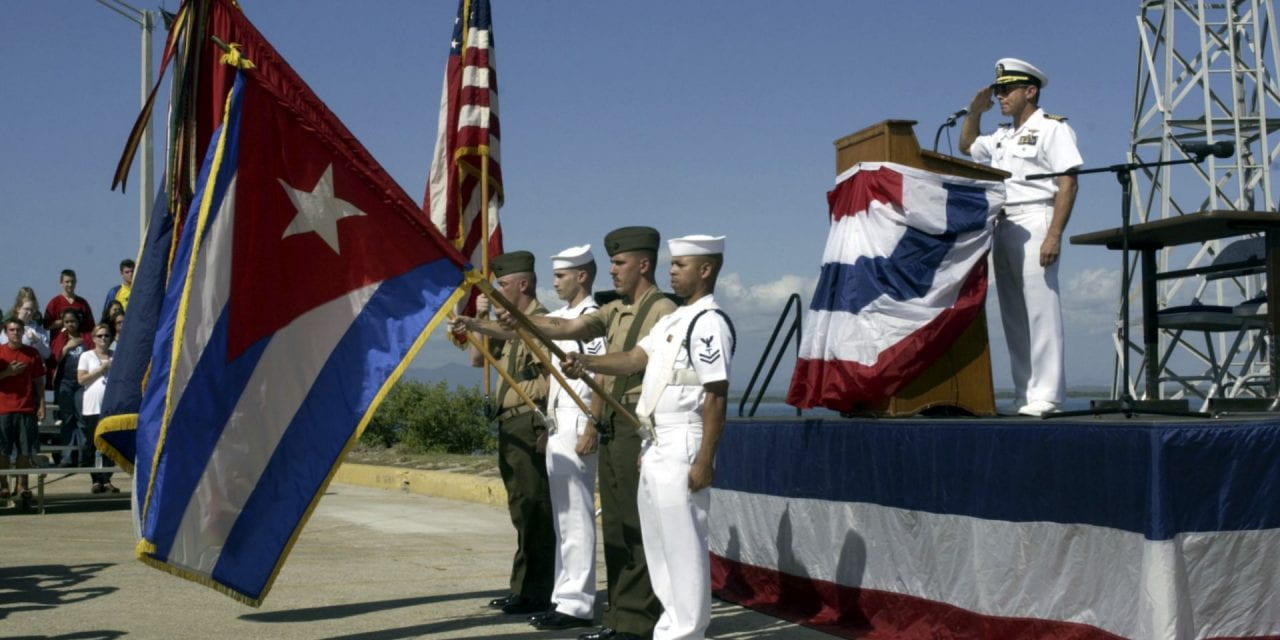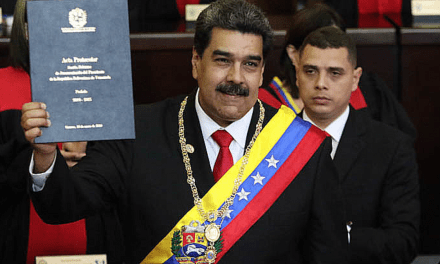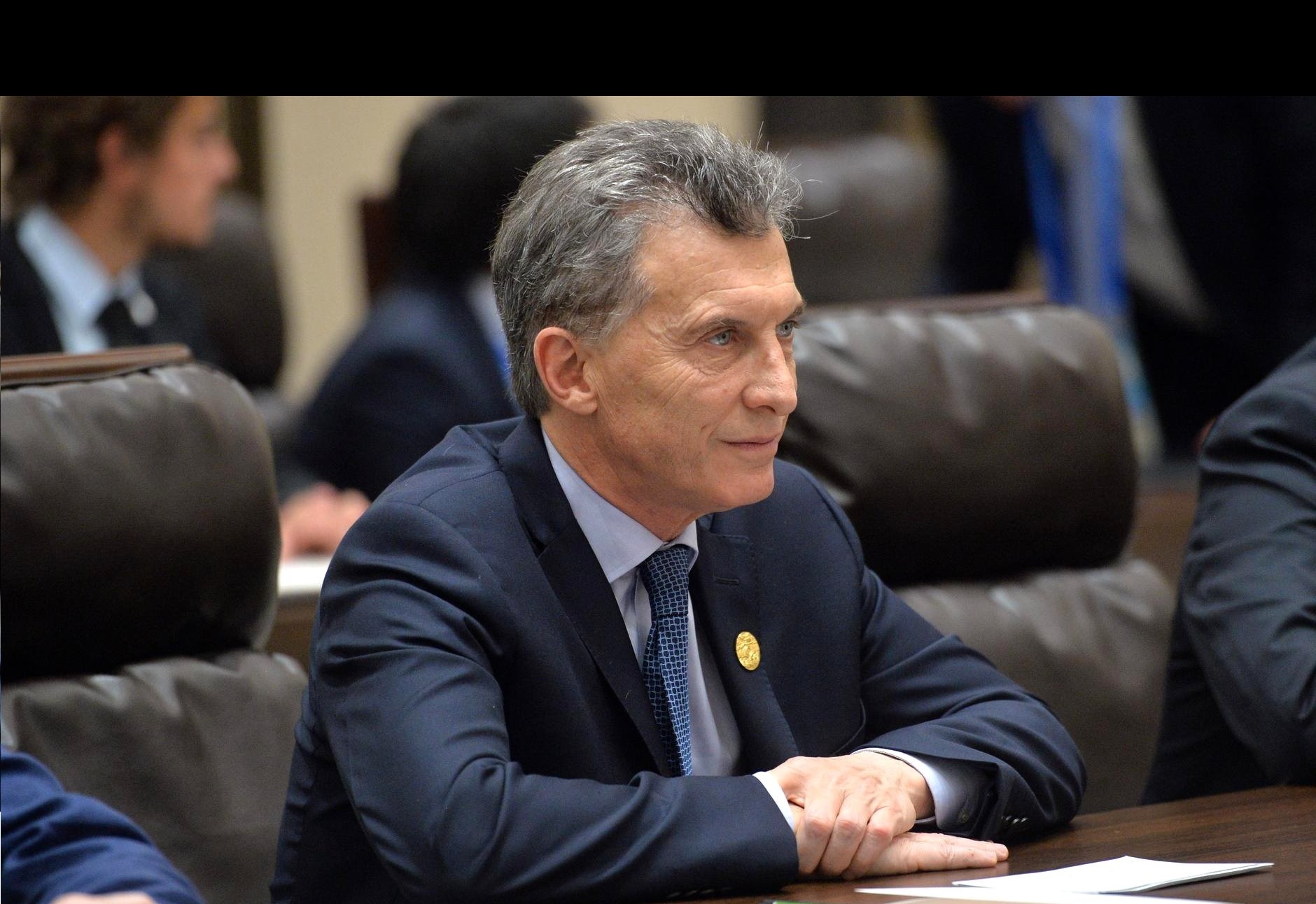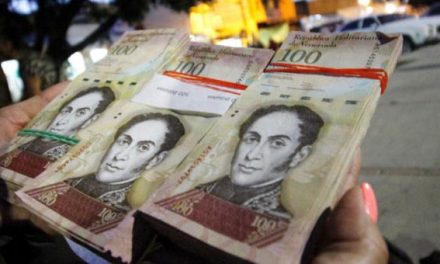By: Ronnan Rodas*
The United States and Cuba have maintained a relationship marked by a missile crisis, embargoes, and a general, mutual distrust for one another. The apparent detente established by Barack Obama has been targeted by President Trump in an effort to rescind much of the Obama Administration’s legacy. The “Cuban thaw” was relatively short lived, as the Trump Administration’s recent actions are reminiscent of Cold War-style rhetoric [1]. For instance, in an apparent move to penalize Cuba for their support of a Maduro-led Venezuela, the Trump Administration will now allow lawsuits against Cuban corporations by US citizens in American courts [2]. Actions like these undermine efforts taken by Cuba’s first President not to reign from the Castro family since the mid 20th century, Miguel Diaz-Canel, to open the country for increased foreign investment. In fact, Diaz-Canel laments that Cuba’s “fundamental battle” is an economic one, and proper investment from foreign states and corporations is key in facing this battle [3]. Unfortunately, the trajectory of current US-Cuban relations indicates a shift back to an older approach reminiscent of Cold War-era paranoia and aversion. It would greatly be to both states’ benefit that a constructive and diplomatic relationship is realized instead.
Prior to Obama
From the end of the Cold War up until the election of Barack Obama, US-Cuban relations remained tenuous at best. For instance, the Bush Administration, upon George W. Bush’s reelection in 2004, decried Cuba as one of the “outposts of tyranny” [4]. Comments like these spoken from then-Secretary of State Condoleezza Rice serve as a benchmark of that administration’s attitude towards socialist regimes. Negotiation and diplomacy with the Castro regime, at a time when Cuba was condemned in the same breath as North Korea and Iran, were virtually inconceivable [5].
The rhetoric surrounding Cuba during Bush’s 2004 reelection campaign featured a categorical denouncement of the Castros, but also a desire to rid Cuba of its communist footprint. “Clearly”, Bush said in a 2003 speech where he announced new initiatives to help transform Cuba towards a democracy, “the Castro regime will not change by its own choice. But Cuba must change.” [6]. In that same speech, President Bush reiterated his desire to reinforce the existing travel restrictions to the island nation, citing the tendency for state-owned resorts to severely underpay the workers while raking in the trafficked profit from tourists to further fund the Castro regime [7]. Moreover, in that same speech, Bush announced the establishment of newly formed commission, the Commission for the Assistance to a Free Cuba, which vowed to crack down on the illegal trafficking of money in and out of Cuba as well as launching an information campaign aimed at the citizens of Cuba, in an effort to influence a shift away from the perils of socialism from within [8]. Although a worthy cause, the effectiveness of the commission is yet to be determined, as only two official reports of the commission have been released to the public.
The intentions of the Commission were shrugged off by Fidel Castro. He ridiculed the notion that the Commission’s hope of transitioning Cuba to a democracy would ever happen, and instead emphasized his devotion to see Cuba transition entirely “to socialism and to communism” [9]. In sum, Castro maintained his unwavering fervor for socialism and a staunch opposition of American interference and influence in his country.
Obama and the Cuban Thaw
Relations between the two countries saw a drastic shift in tone after Barack Obama’s election in 2008 and Fidel Castro’s abdication of power. In his first term, Obama declared an easing of sanctions on Cuba and lessened the travel restrictions the previous administration had enforced. [10]. Shortly after assuming office, Obama had expressed that he was open to dialogue with the Cuban government, and in response, Raul Castro signaled similar intentions of being open to scheduling talks with US diplomats [11]. Regardless, other than the lightened travel restrictions, the relationship between the two countries had not progressed much. This changed when, in late 2014, Obama and Castro announced an effort to end the embargo and establish a mutually beneficial relationship [12]. A series of diplomatic talks occurred throughout 2015, and the US removed Cuba from its list of State Sponsors of Terrorism [13]. But what exactly did the US stand to gain in these endeavors? Although support for the thaw fared decently well with the American public, critics continued to rebuke the administration for normalizing relations with a country they charged as undeserving of such a relationship. Many still lamented Cuba as a totalitarian regime [14]. Surely the United States stood to gain something out of new approach to Cuba, other than the mere optics of statesman-like conduct. So what exactly was there to gain for the United States?
For starters, a number of American corporations such as Verizon and Airbnb took advantage of the situation and entered the Cuban market [15]. Additionally, telecommunications companies such as the New Jersey-based IDT Corporation expanded their services to Cuba, allowing phone calls between the two countries to be much more streamlined [16]. An expansion of American business to untapped markets is something any pro-business politician in America can get behind. Even Republican senators such as Rand Paul and Jeff Flake praised the thaw and welcomed the boost in trade relations with Cuba.
By the end of the Obama era, relations between the US and Cuba were representative of a fruitful, progressive shift in American foreign policy. However, Cuba’s questionable human rights track-record and persistent adherence to socialism remained a daunting, looming cloud over any potential robust partnership. The reversals set forth by the current administration seem to be based on this overhang. In the early months of his first term, President Trump announced a return to an older approach to Cuba by reinforcing certain travel restrictions previously lightened by the Obama Administration and prohibiting any American business from further cooperating with the Cuban government [17]. Then-Secretary of State Rex Tillerson cited Cuba’s shoddy human rights record as to why the decision was made. Regardless, both embassies in Washington DC and Havana have remained open.
The hesitance by the Trump Administration to pursue an amicable relationship with Cuba comes as a surprise when the President and his associates have in the past expressed, at the very least, a warmer-than-usual approach to hardened dictators such as Kim Jong-Un, Vladimir Putin, and Rodrigo Duterte. While pursuing talks with North Korea to hopefully denuclearize the rogue state is by no means a negative or futile endeavor, turning a blind eye to the haunting situation surrounding Otto Warmbier’s imprisonment and subsequent death at the hands of North Korean authorities is nothing but detrimental to American integrity. If the current administration aims to declare a hard-line stance against dictatorships, then perhaps the first target should be North Korea. Relations with Cuba should and can be normalized, as the United States simply gains more in such a partnership than it loses. The optics are in the President’s favor after all.
[1] Wroughton, Lesley, et al. “U.S. Allows Lawsuits against Cuban Entities but Shields Foreign Firms for Now.” Reuters, 1 Mar. 2019,
[2] Ibid.
[3] Whitefield, Mimi. “Foreign investment in Cuba might be at risk if U.S. allows lawsuits over confiscated property”. Miami Herald, February 20, 2019.
[4] Perez-Stabl, Marifeli. “Outposts of Tyranny: Cuba.” The Washington Post, The Washington Post, 14 Apr. 2005, www.washingtonpost.com/wp-dyn/articles/A28179-2005Apr5.html.
[5] Ibid.
[6] Office of the Press Secretary. “President Bush Discusses Cuba Policy in Rose Garden Speech” . National Archives and Records Administration, 10 Oct. 2003, georgewbush-whitehouse.archives.gov/news/releases/2003/10/20031010-2.html.
[7] Ibid.
[8] Ibid.
[9] Diaz, Rigoberto. “Castro Calls Rice ‘Mad’.” News24, 24 Dec. 2005, www.news24.com/World/News/Castro-calls-Rice-mad-20051224.
[10] “Obama Eases Curbs on Cuba Travel.” BBC News, BBC, 13 Apr. 2009, news.bbc.co.uk/2/hi/americas/7997063.stm.
[11] Ibid.
[12] Baker, Peter. “U.S. to Restore Full Relations With Cuba, Erasing a Last Trace of Cold War Hostility.” The New York Times, 17 Dec. 2014, www.nytimes.com/2014/12/18/world/americas/us-cuba-relations.html.
[13] Archibold, Randal C., and Julie Hirschfeld Davis. “Cuba to Be Removed From U.S. List of Nations That Sponsor Terrorism.” The New York Times, 14 Apr. 2015, www.nytimes.com/2015/04/15/world/americas/obama-cuba-remove-from-state-terror-list.html.
[14] Menendez, Robert. “Sen. Menendez: One-Sided Deal Rewards Cuba Regime.” USA Today, 18 Dec. 2014, www.usatoday.com/story/opinion/2014/12/17/cuba-repressive-regime-editorials-debates/20561245/.
[15] Whitefield, Mimi. “Sprint to Begin Roaming Service in Cuba.” Miami Herald, 15 Dec. 2015, www.miamiherald.com/news/business/international-business/article42264726.html.
[16] Whitefield, Mimi. “First U.S. Telecom Company Connects Directly with Cuba.” Miami Herald, 6 Mar. 2015, www.miamiherald.com/news/nation-world/world/americas/cuba/article12816176.html.
[17] Merica, Dan, and Jim Acosta. “Trump Chips Away at Obama’s Legacy on Cuba.” CNN, 16 June 2017, www.cnn.com/2017/06/15/politics/trump-cuba-obama/index.html.
*Disclaimer: The content contained in the following material is the sole ownership of the author and does not reflect the Towson University Journal of International Affairs nor Towson University in any respect whatsoever.







